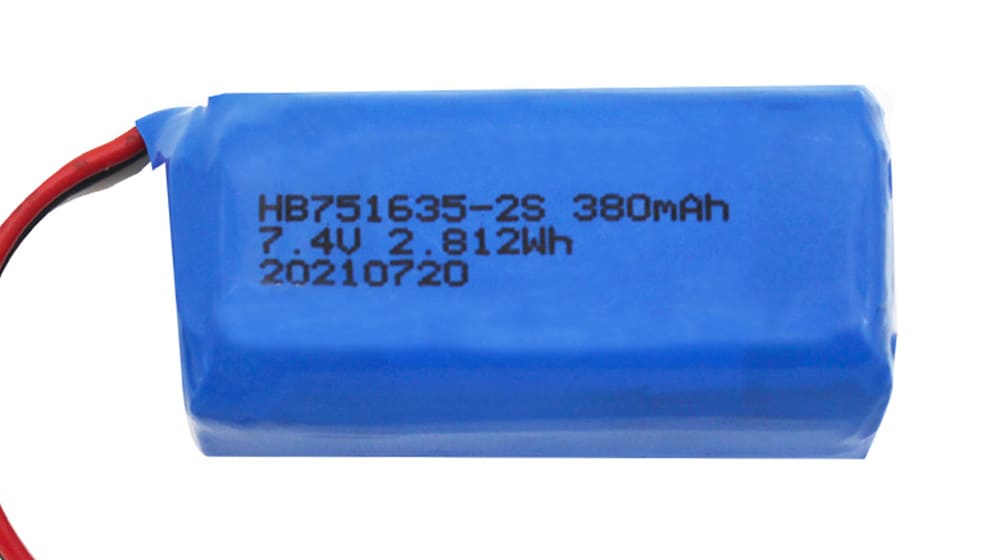- Curved Lithium Polymer battery
- Fast Charge Polymer Battery
- Flexible Polymer Lithium Battery
- Ultra-thin Polymer Battery
/ Blog / Battery Knowledge /
Do lithium batteries leak?
30 Dec, 2021
By hoppt

Do lithium batteries leak?
Batteries are the best component of a car. Long after the engine has been turned off, the batteries constantly supply many electrical parts with the power they need, such as engine management systems, satellite navigation, alarms, clocks, radio memory, and more. Because of this requirement, batteries can discharge over several weeks if not appropriately maintained, either by driving the vehicle long enough to replenish the lost charge or by using a battery charger.
If you plan not to use your car for a long time, then checking and increasing the power every 30-60 days is not enough to ensure that the battery is not drained to a critical level. This "low charge" results in "sulfur" if the lithium-ion battery's voltage drops and stays below 12.4 volts. These sulfates harden the lead plates inside the lithium-ion battery and reduce the lithium-ion battery's ability to accept or retain a charge. In this case, we recommend using a charger to keep the battery charged.
Charger
There are several different charging methods to keep the battery charged:
Charge with a conventional charger. The downside is that they are often not automatic and will not turn off when fully charged. If left unattended, the battery may dry out due to overcharging. The lithium-ion battery becomes extremely dangerous due to the explosive gases emitted at high charge rates, and the case becomes extremely hot, resulting in a fire.
Drip charging. Here, the charger provides a constant low charge to the connected battery. The drawback of this method is that it will only deliver a continuous low charge, which is often not enough to keep the battery voltage above the critical 12.4 volts. They can maintain a healthy battery, but the charge is not increased if the voltage level drops significantly.
Battery conditioners. We connect all cars to a battery-powered air conditioner at Windrush Car Storage. These are fully automatic chargers that monitor, charge, and maintain your lithium-ion battery without the risk of overcharging. They can be left on and plugged in for an extended period (years) without the risk of gas development or overheating. Simply the best of the above.
Battery maintenance
Before connecting the charger, it is advised to know some essential points;
Clean the battery terminals and wire connectors with a wire brush, ensuring the positive and negative leads fit snugly on both terminal blocks. Use a sprayer intended for battery terminals or petroleum jelly to prevent corrosion.
Noticeable. Before disconnecting the lithium-ion battery, make sure you have the appropriate radio code, if necessary. This must be entered for the radio to operate when the lithium-ion battery is reconnected.
When the battery is fully charged, it is essential to dissipate the charging current. Heat and gases are the byproducts of this dissipation that damages your battery. Good charging is about the charger's ability to detect when the active chemicals in the lithium-ion battery are recovering and prevent more current from flowing by keeping the cell temperature within safe limits. This process is vital because battery life depends on it.
Fast chargers threaten the battery's mileage because they increase the risk of overcharging. Electrical energy is being pumped into a lithium-ion battery that is faster than the chemical process to react to it, causing more damage later.



